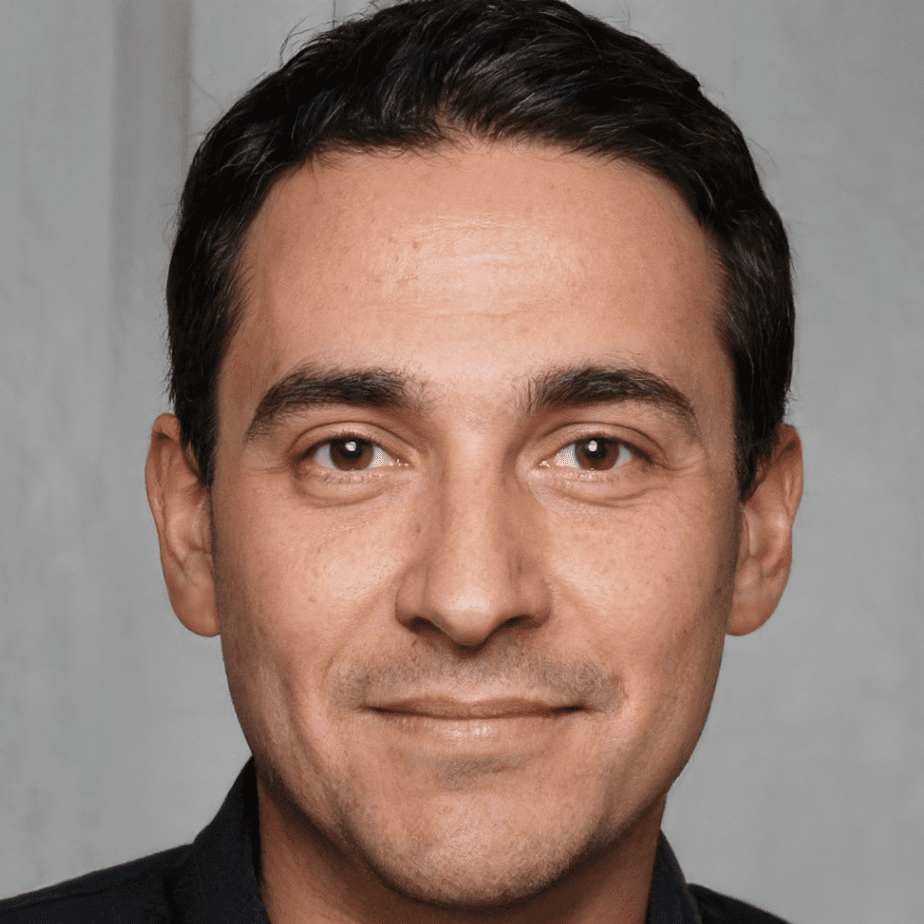Health
Report Reveals Alarming Trend: Majority of Medical and Nursing Students Plan Careers Outside Patient Care


Key Finding: Most Students Intend to Stay in Healthcare, But Not in Direct Patient Care
A recent report from Elsevier Health, titled Clinician of the Future 2023 Education Edition, has uncovered a concerning trend among medical and nursing students. While 89% of students express a dedication to improving patients' lives, the majority are planning careers outside of direct patient care. This raises important questions about the future of healthcare.
High Dropout Rates in the US
The report, which surveyed over 2,000 medical and nursing students from 91 countries, reveals that 16% of respondents are considering quitting their studies (12% medical, 21% nursing). The dropout rates are particularly high in the US, with 25% of medical students and 21% of nursing students considering leaving their studies. This figure is higher than anywhere else in the world.
Cost Concerns
One of the factors contributing to this trend is the high cost of education. Overall, 68% of students expressed concern about the cost of their education, with US medical students being the most worried at 76%. Debt from education also plays a role, as the majority of nursing students and over half of medical students are worried about their future income as clinicians. In the US, only 47% of medical students share this concern.
Shortages of Doctors and Nurses
The report also highlights concerns about shortages of doctors and nurses in the future. Sixty-two percent of students predict a shortage of doctors within ten years, while 64% predict a shortage of nurses. Globally, 69% of students are worried about these shortages and the impact it will have on them as clinicians.
Shift Towards Non-Patient Care Careers
Perhaps most strikingly, the report reveals that 58% of students see their current studies as a stepping stone towards a broader career in healthcare that does not involve direct patient care. This trend is even more pronounced in the US, where 61% of students share this view. Dr. Sanjay Desai, a panelist in the US roundtable, expressed surprise at this skepticism, stating, "6 out of 10 students, when we hope they're most excited about their career, are looking at it with skepticism."
Concerns About Education and Technology
The report also raises concerns about the quality of education and the integration of technology in training. While 78% of students believe their school is adequately preparing them to engage with diverse patient populations, and 74% believe the curriculum has been adapted to the skills needed by today's clinicians, these percentages are lower than expected. Only 51% of students report using AI in their training, and only 43% feel that their instructors welcome it.
Call for Action
The report's implications are clear: healthcare is facing unprecedented pressures, and the next generation of medical and nursing students are anxious about their future. Jan Herzhoff, President of Elsevier Health, emphasizes the need for new and innovative approaches to support students and ensure a sustainable pipeline of healthcare professionals. It is essential for the entire healthcare community to come together and address these challenges.


Hey there! I’m William Cooper, your go-to guy for all things travel at iMagazineDaily. I’m 39, living the dream in Oshkosh, WI, and I can’t get enough of exploring every corner of this amazing world. I’ve got this awesome gig where I blog about my travel escapades, and let me tell you, it’s never a dull moment! When I’m not busy typing away or editing some cool content, I’m out there in the city, living it up and tasting every crazy delicious thing I can find. Join me on this wild ride of adventures and stories, right here at iMagazineDaily. Trust me, it’s going to be a blast! 🌍✈️🍴







